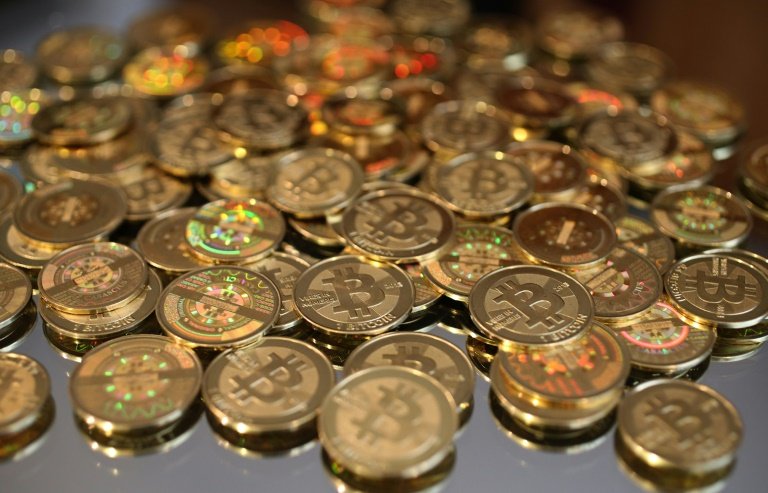Absa PMI drops to 48.1 in November, manufacturing suffers

MTI promised investors up to 10% return a month using a computerised trading system, first trading forex, then bitcoin, although the Financial Sector Conduct Authority (FSCA) could not find any evidence of trading success by the company. Picture: GETTY IMAGES NORTH AMERICA/AFP/GEORGE FREY
“Blockchain protocols are a game changer,” Le Maire said at “Paris Blockchain week,” a flagship symposium attended by experts in the technology which originally came to prominence as the digital infrastructure for crypto currency bitcoin.
“Thanks to blockchain protocols users have the possibility of creating and running their own networks for money transfers, trade and services without intermediation from any platform” he said.
France had already put in place legal, fiscal and accounting structures to manage fundraising in digital currencies as a pillar of the blockchain economy, he said.
Le Maire said he would ask France’s EU partners to consider “a French-inspired single (European) regulatory framework (governing) crypto assets”.
Paris earlier this year drew up a roadmap to regulate and implement investment in the blockchain ecosystem with a view to becoming a global leader in the technology.
Supporters say the technology creates a comprehensive ledger of transactions which cannot be falsified.
They say the technology could revolutionise the global economy by allowing, for example, financial transactions which bypass financial intermediaries and even the use of ‘fiat’ money.
A recent slump in the market value of crypto currencies, not least standard-bearer bitcoin, after 2017’s meteoric rise has doused enthusiasm.
But the expanding rollout of blockchain has seen it largely ride out the storm.
The chairman of France’s financial markets’ regulator (AMF), Robert Ophele, meanwhile told the conference Paris will shortly allow fundraising for digital currency offerings after drawing up a legal framework for coin offerings, a means for firms to raise money by offering digital coins or tokens to the public.
“We think we shall be ready in September to receive the first dossiers and deliver the first permits,” Ophele said, adding he is open to the placing of financial assets on the blockchain to facilitate their exchange.
Blockchain “is quicker,” “costs much less,” and has a global footprint,” Ophele said.
One sector which could benefit from the speeding up of transactions is the transfer of real estate title, he said.
“If it is well done … it could go through quicker than the transitional two or three days” from market transaction to actual transfer of title.
Download our app and read this and other great stories on the move. Available for Android and iOS.